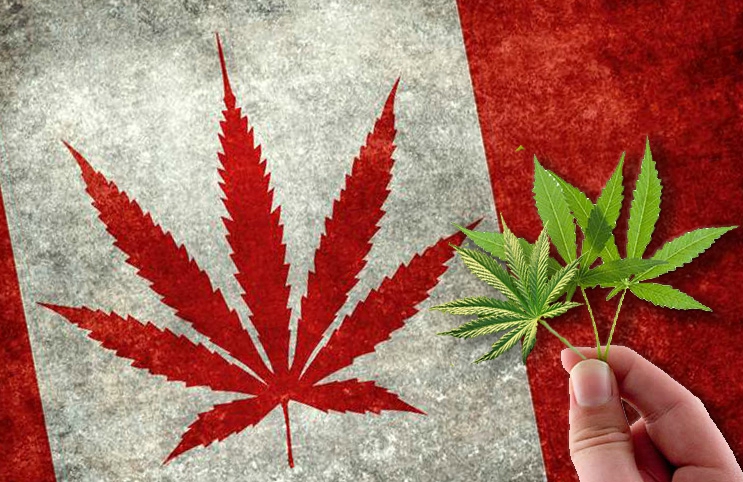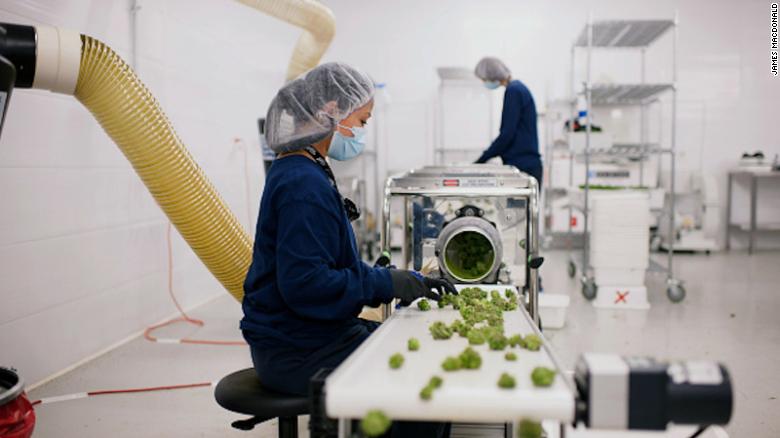As of 12:01 a.m. Wednesday, adults will be allowed to carry and share up to 30 grams of legal marijuana in public, according to a bill that passed the Senate in June.
They will also be allowed to cultivate up to four plants in their households and make products such as edibles for personal use.
Consumers must be at least 18 years old, and the production, distribution or sale of cannabis products is an offence for minors.
The supply of recreational marijuana could be limited at least early on in some stores.
Officials in Nova Scotia and Manitoba said they won’t have a large selection, at least not on the first day, CNN affiliate CBC News reported.

“My father is going to be my first customer, and my second customer is going to be a lady who has [multiple sclerosis],’ Thomas Clarke, who owns Thomas H. Clarke’s Distribution cannabis retail store in Portugal Cove-St. Philip’s told CBC News.
Canada was the second country in the world and the first G7 nation to implement legislation permitting a nationwide marijuana market. In December 2013, Uruguay was the first county to legalize the production, sale and consumption of marijuana.
The Canadian legislation, known as the Cannabis Act, stems from a campaign pledge of Prime Minister Justin Trudeau to keep marijuana away from underage users and curb marijuana-related crime.
READ ALSO: Yvonne Nelson, Lydia Forson, others angered by Gabby Otchere-Darko’s comments [Photos]
It’s been too easy for our kids to get marijuana – and for criminals to reap the profits. Today, we change that. Our plan to legalize & regulate marijuana just passed the Senate. #PromiseKept
— Justin Trudeau (@JustinTrudeau) June 20, 2018
Some health care professionals in Canada have said they are afraid of the consequences of legalizing marijuana. Stringent rules will still govern the purchase and use of marijuana.

Marijuana will not be sold in the same location as alcohol or tobacco. Consumers are expected to purchase the drug from retailers regulated by provinces and territories or from federally licensed producers when those options are not available.
Canada’s government also made changes to impaired driving laws to address repercussions for driving under the influence of cannabis.
Legalizing cannabis is expected to create an industry worth more than $4 billion in Canada.
Nine states in the United States and the District of Columbia now allow recreational marijuana use. Medical marijuana is legal in some form in 30 states, according to the National Conference of State Legislatures.
The pot industry took in nearly $9 billion in sales in 2017 in the United States, according to BDS Analytics. The revenue from those sales is equivalent to the entire snack bar industry.

